What Qualifications Do You Need to Do Teeth Whitening: Global Analysis
Discover what qualifications you need to do teeth whitening with Double White’s global analysis. Learn the essential certifications and standards required for safe and effective teeth whitening services worldwide. Stay informed and ensure professional care for brighter smiles.
- Qualifications in the United States
- Dental Professionals (Dentists)
- Non-Dental Professionals
- Qualifications in the United Kingdom
- Dentists
- Dental Hygienists and Therapists
- Qualifications in Australia
- Dentists
- Non-Dental Professionals
- Qualifications in Canada
- Dentists
- Dental Hygienists
- Qualifications in New Zealand
- Dentists
- Dental Hygienists
- Conclusion
Teeth whitening has become a popular cosmetic treatment, offering individuals an affordable solution for brighter, more confident smiles. However, like any professional cosmetic procedure, teeth whitening requires specific qualifications to ensure the safety and effectiveness of the treatment. These qualifications vary by country due to different regulations governing the practice. In this article, we will delve into the required qualifications for teeth whitening practitioners across several countries to give you a comprehensive understanding of what’s needed to perform this treatment.

Qualifications in the United States
In the United States, teeth whitening is considered a cosmetic procedure, but the specific qualifications needed to perform it vary by state. Generally, the practice of teeth whitening is regulated under dental or health boards, and only licensed dental professionals—dentists, dental hygienists, or dental assistants—are legally allowed to perform whitening treatments.
Dental Professionals (Dentists)
In the U.S., the most common qualification for teeth whitening is a dental degree (DDS or DMD). Dentists are licensed professionals who have undergone years of formal education, including dental school and extensive clinical training. After receiving a dental degree, dentists must pass national and state exams to obtain a license. These professionals are well-versed in the anatomy of the teeth, gums, and oral health, making them the ideal candidates for teeth whitening procedures.
Non-Dental Professionals
While non-dental professionals can sometimes offer teeth whitening services, this is heavily regulated and varies by state. For example, some states allow licensed estheticians or cosmetologists to use over-the-counter teeth whitening products under certain restrictions. However, these professionals are not authorized to use professional-strength whitening agents or perform in-depth procedures like laser teeth whitening. Those wishing to pursue teeth whitening outside of dental practice should ensure they are complying with their local state regulations.
Qualifications in the United Kingdom
In the UK, teeth whitening is strictly regulated by the General Dental Council (GDC). Only licensed dental professionals—dentists, dental hygienists, and dental therapists—are permitted to legally perform teeth whitening treatments. While it may seem like a simple cosmetic procedure, the use of bleaching agents and the risk of harm to teeth or gums requires professional expertise.
Dentists
Dentists in the UK are required to hold a dental degree and be registered with the GDC. They must complete an undergraduate degree in dentistry, followed by a period of clinical practice and exams. In addition to basic dental qualifications, many dentists choose to further their expertise in cosmetic dentistry, which often includes teeth whitening techniques. These professionals are responsible for assessing a patient’s suitability for whitening treatments, ensuring that no underlying oral health issues exist before proceeding with any bleaching procedure.
Dental Hygienists and Therapists
In addition to dentists, dental hygienists and therapists can also perform teeth whitening in the UK, provided they are registered with the GDC. These professionals have a background in dental care, but their training does not include advanced treatments like fillings or extractions. However, they are trained to administer whitening treatments using safe, controlled methods. They often assist dentists with teeth whitening procedures in a clinical setting.
Qualifications in Australia
Australia also follows a strict regulatory framework when it comes to teeth whitening. In Australia, only registered dental professionals—dentists, dental hygienists, and dental therapists—are legally allowed to offer teeth whitening services. The Australian Health Practitioner Regulation Agency (AHPRA) and the Dental Board of Australia set clear guidelines regarding who can perform cosmetic dental procedures.
Dentists
As in other countries, Australian dentists must hold a recognized dental degree and be registered with the Dental Board of Australia. Dentists undergo extensive training, which includes a minimum of five years of formal education, followed by practical experience. After completing their studies, dentists must also pass national exams to gain registration with AHPRA. Dentists who specialize in cosmetic dentistry may choose additional training in advanced whitening techniques, including laser whitening.
Non-Dental Professionals
In Australia, non-dental professionals are generally prohibited from performing teeth whitening treatments. This includes estheticians, beauty therapists, and cosmetologists. In the past, some non-registered individuals used to perform whitening treatments using over-the-counter products; however, new regulations now restrict such practices. Any whitening treatments performed outside a registered dental practice can be considered illegal.
Qualifications in Canada
In Canada, the regulations surrounding teeth whitening are similar to those in the United States. The country follows provincial regulations, and the legal requirements for performing teeth whitening vary depending on the region. In most cases, only licensed dental professionals—dentists or dental hygienists—are authorized to conduct teeth whitening procedures.
Dentists
To become a licensed dentist in Canada, an individual must graduate from a dental school recognized by the National Dental Examining Board of Canada (NDEB). Dentists must then pass a national examination and obtain a license from their provincial or territorial regulatory body. Once licensed, dentists can provide a wide range of dental services, including teeth whitening, as part of their cosmetic dental practice. Many Canadian dentists also pursue continuing education in cosmetic treatments, which often includes teeth whitening certifications.
Dental Hygienists
Dental hygienists in Canada are trained to perform certain dental procedures under the supervision of a licensed dentist. Although they cannot perform complex dental treatments like fillings or extractions, they are qualified to administer teeth whitening treatments in most provinces. Like their counterparts in other countries, dental hygienists are required to complete a formal education program and obtain a license from the appropriate regulatory body.
Qualifications in New Zealand
In New Zealand, the qualifications needed to perform teeth whitening are quite similar to those in Australia. Teeth whitening is considered a dental procedure, and it is legally regulated by the Dental Council of New Zealand. Only registered dental professionals are authorized to carry out whitening treatments.
Dentists
Dentists in New Zealand must complete a dental degree from an accredited institution and gain registration with the Dental Council. To qualify as a dentist, individuals must also complete clinical training and pass national exams. Dentists who wish to specialize in cosmetic treatments like teeth whitening often pursue additional certifications to ensure they are up to date with the latest techniques and technology in the field.
Dental Hygienists
Dental hygienists in New Zealand are similarly qualified to provide teeth whitening treatments, but they must do so under the supervision of a dentist. They complete an accredited program in dental hygiene, followed by practical experience. Dental hygienists are permitted to use professional whitening products and techniques, but they cannot carry out advanced treatments like laser whitening unless directly supervised by a registered dentist.
Conclusion
As teeth whitening continues to grow in popularity, the qualifications required to perform this cosmetic treatment vary from country to country. In most regions, only licensed dental professionals—dentists, dental hygienists, and sometimes dental therapists—are authorized to conduct teeth whitening procedures. In many places, non-dental professionals may be allowed to offer basic whitening treatments using over-the-counter products, but this is subject to strict regulations.
Understanding the qualifications needed in your country is crucial if you are considering teeth whitening as a career or simply seeking treatment. Always ensure that you are working with qualified professionals who adhere to local laws and industry standards to ensure both safety and optimal results.

Answers to Teeth Whitening Questions: Analysis of Frequently Asked Questions

Intimate Care: Whitening Tips for Teeth Whitening Strips

Unlock Your Brand's Potential: The Definitive Guide to Teeth Whitening Pens Private Labelers in 2026

Top Private Label Teeth Whitening Manufacturers in 2027: Your Ultimate Guide to Launching a Thriving Brand

Unlocking Success: The Ultimate Guide to Charcoal Teeth Whitening Private Label in 2027

Private Label Teeth Whitening: The Ultimate 2025 Guide to Launch & Scale Your Brand
About Recipe Customization
Have your formulas been clinically tested?
Yes, our formula has undergone clinical trials and user testing and proven to have good whitening effects and safety in practical applications.
How to ensure the stability and effectiveness of the formula?
We have a professional R&D team and strict quality control system to ensure the stability and whitening effect of the formula.
Teeth Whitening Powder
How long will it take to see results?
Most users notice a significant improvement in the whiteness of their teeth within just a few days of regular use.
About Cooperation Process
How to sign a cooperation agreement?
We will provide you with a draft cooperation agreement, which will be signed by both parties after confirmation to ensure the legality and standardization of the cooperation process.
About Customized Services
Can you assist with regulatory registration for different countries?
Yes, we can provide support.

Dead Sea Salt Teeth Whitening Strips
Dead Sea Salt Teeth Whitening Strips - Natural Mineral Power for Whitening and Nurturing Teeth

PAP Non-Alcohol teeth whitening strips OEM ODM PAPNA-03
Professional and dental grade material white strip teeth whitener helps remove stains effectively and powerfully yet gently, specially designed for sensitive teeth. FDA registered and clinically proven to effectively and safely whiten teeth.

HP Teeth Whitening Alcohol-free Strips HPNA-01
Discover Double White’s HP Teeth Whitening Alcohol-free Strips HPNA-01, the best teeth whitening strips designed for a brighter smile without irritation. Alcohol-free formula ensures gentle yet effective whitening. Achieve professional results safely and easily at home with these top-rated teeth whitening strips.

PAP Non-Alcohol teeth whitening strips OEM ODM PAPNA-02
Double White’s PAP Non-Alcohol Teeth Whitening Strips OEM ODM (PAPNA-02) deliver safe, effective whitening without alcohol irritation. As the best white strips for whitening teeth, they offer OEM ODM customization for Double White’s bright smile solutions.
Send us your inquiry
Reach out to us through the form below or via the contact information provided.
Our dedicated team is committed to providing prompt and personalized responses to all your queries.
Please fill out the fields above with your full name, email address, and comment.
Copyright © 2025 Double White All Rights Reserved. Designed by gooeyun

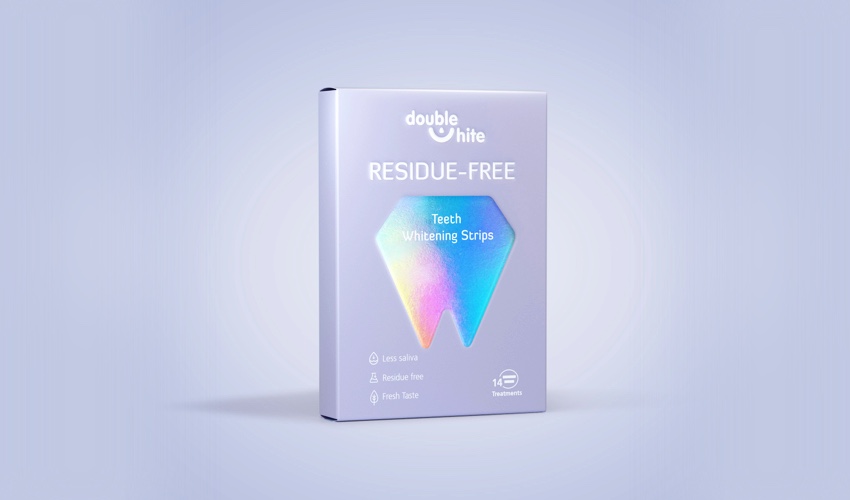
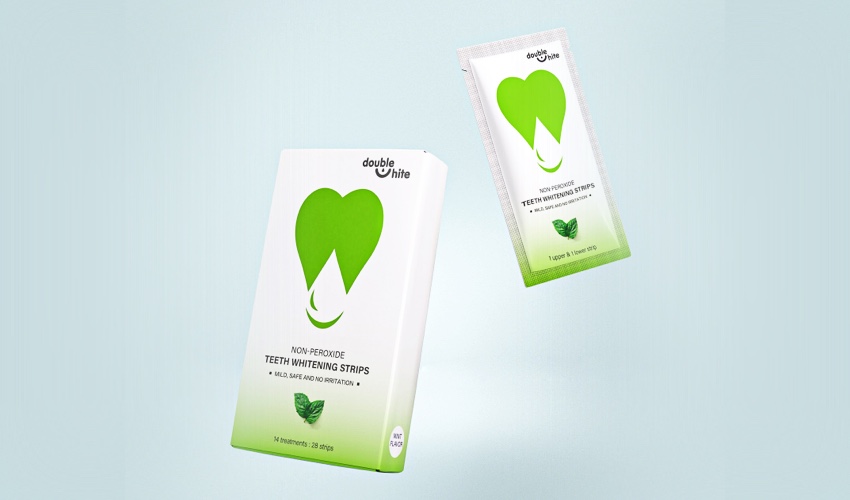
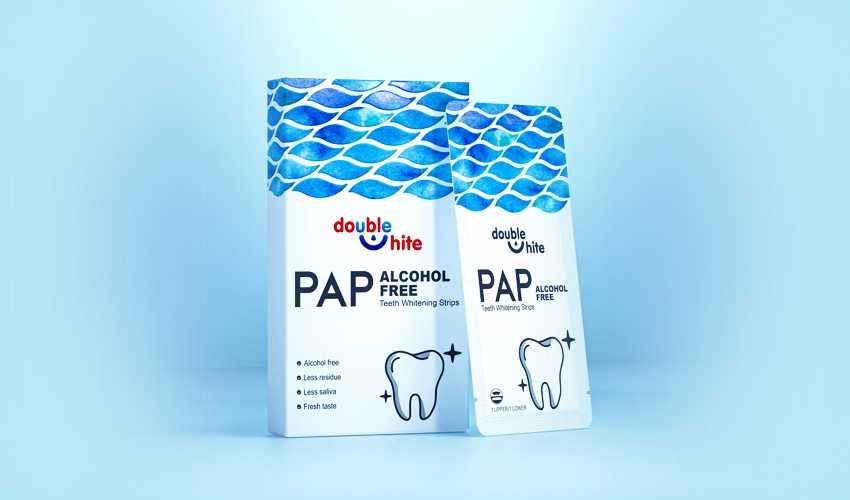
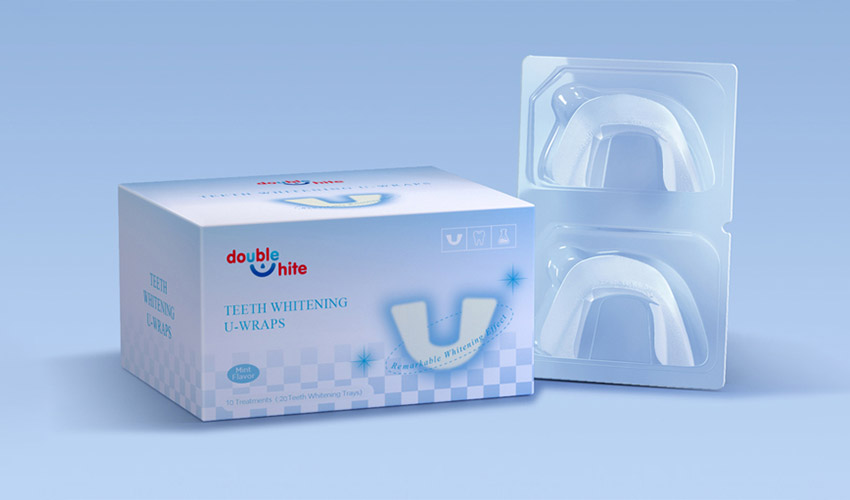
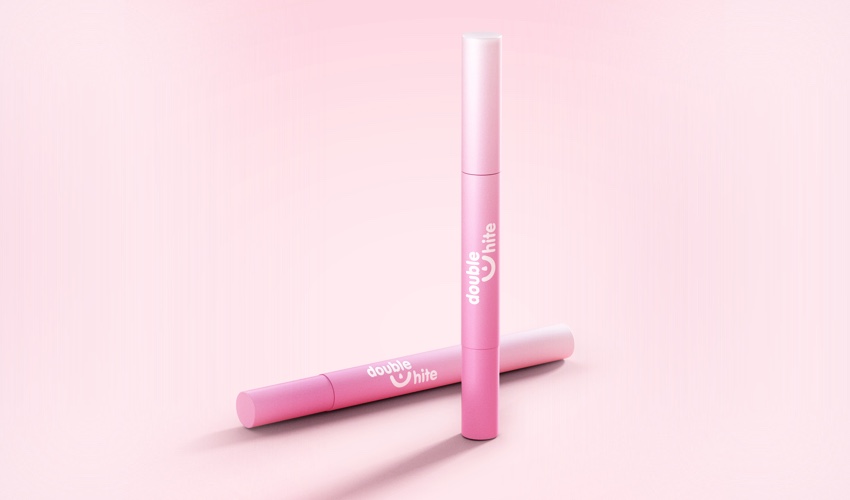
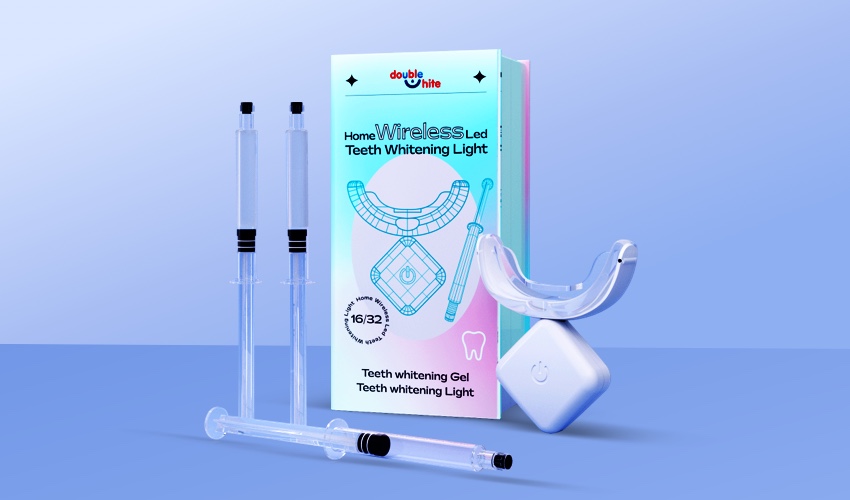
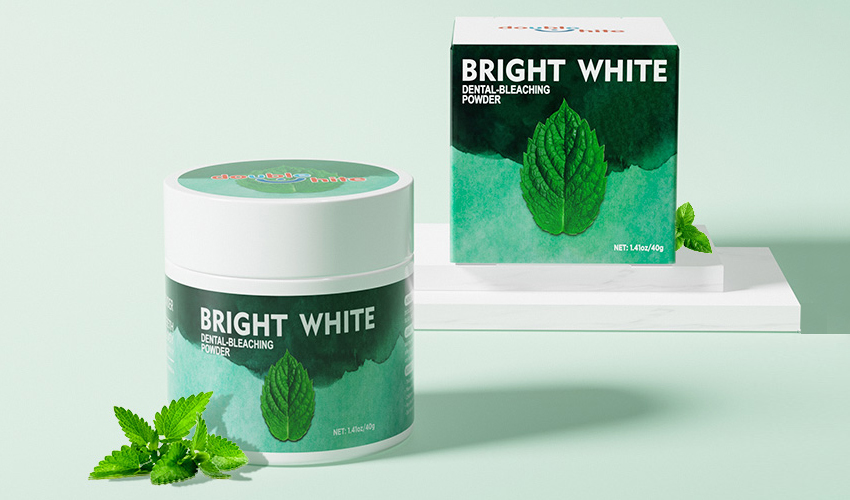






Whatsapp: +8615920313473
cndoublewhite
Doublewhite
doublewhitecn
cndoublewhite
cndoublewhite